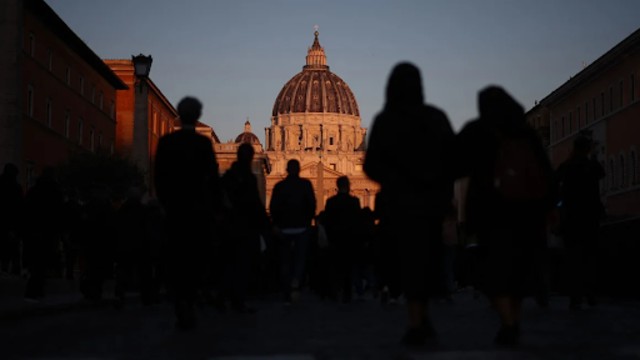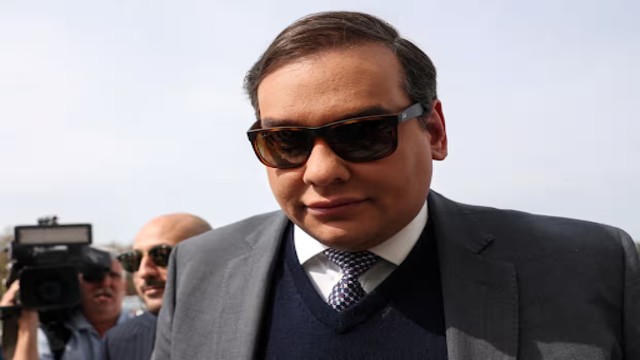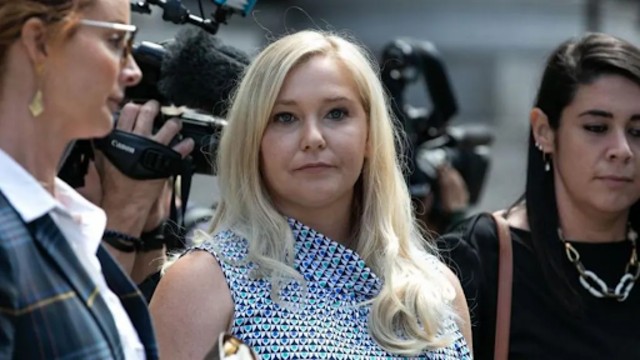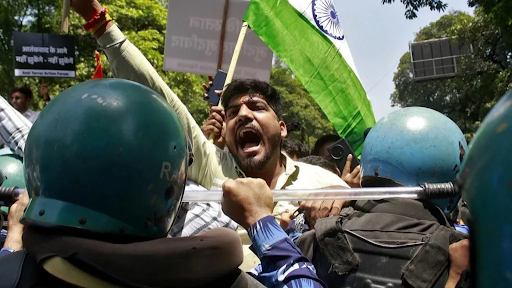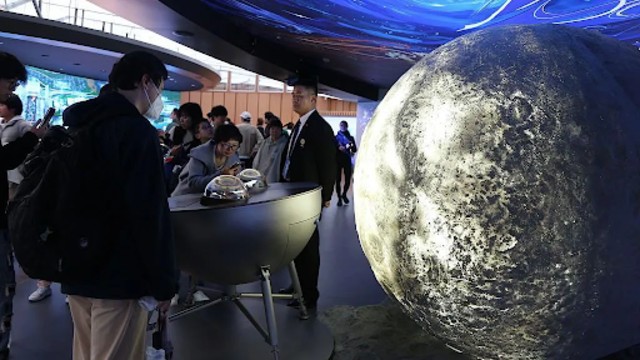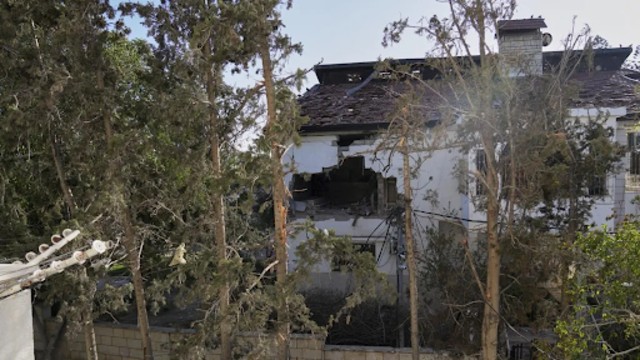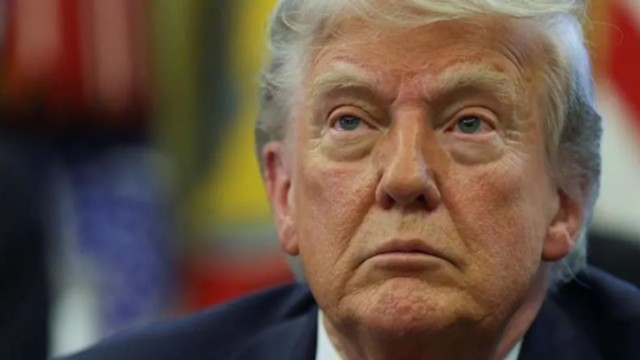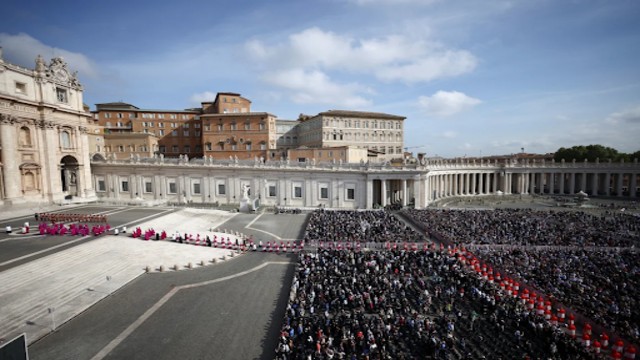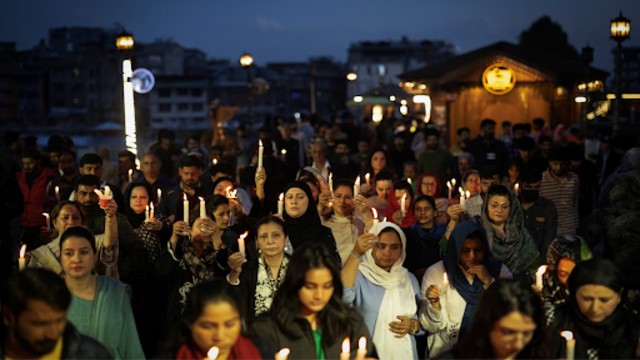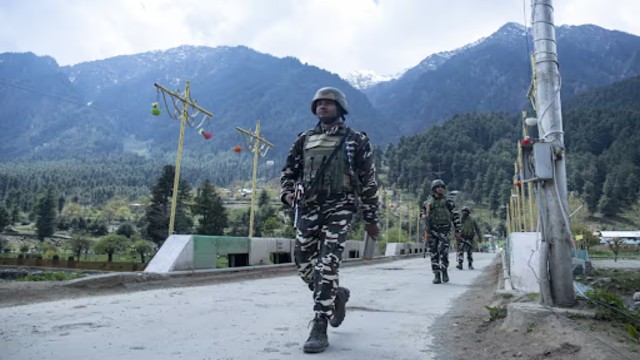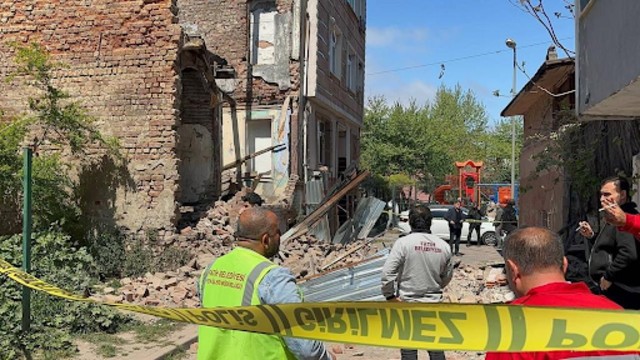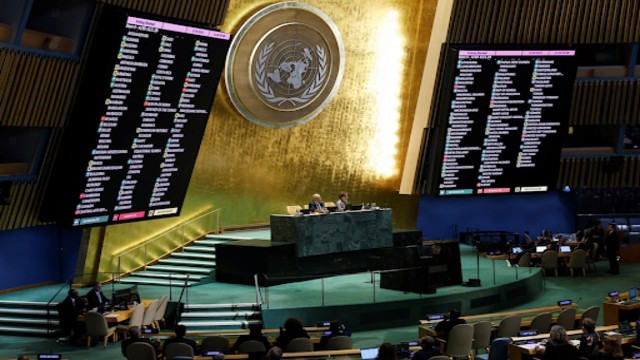
The United Nations General Assembly displayed the vote results during an emergency session on February 24, 2025, marking three years since Russia invaded Ukraine. The meeting took place at the UN headquarters in New York as members discussed a draft resolution on the conflict. REUTERS
The United Nations Security Council has approved a resolution marking three years since Russia invaded Ukraine. The resolution, drafted by the United States, takes a neutral stance as President Donald Trump works toward ending the war. This shift in approach is different from former President Joe Biden’s strong support for Ukraine.
Russia’s U.N. Ambassador Vassily Nebenzia welcomed what he called “constructive changes” in the U.S. position. While he admitted the resolution was “not ideal,” he saw it as a step toward future peace talks.
For most of the war, the Security Council had been stuck in a deadlock. Russia’s veto power prevented any action. However, the General Assembly has consistently backed Ukraine’s sovereignty and called for a just and lasting peace. Unlike Security Council resolutions, which are legally binding, General Assembly votes are symbolic but show the global mood.
The United States tried to pass the same three-paragraph resolution in the General Assembly earlier in the day but failed to gather enough support. The resolution expresses sorrow over lives lost in the war, reminds nations of the UN’s duty to maintain peace, and urges a swift end to the conflict.
In the Security Council, the resolution passed with ten votes in favor. France, Britain, Denmark, Greece, and Slovenia abstained. Russia supported the resolution but had attempted to amend it to include language supporting its views.
A Step Toward Peace?
Acting U.S. Ambassador to the UN, Dorothy Shea, called the resolution a key moment. “This resolution puts us on the path to peace. It is a first step, but a crucial one – one of which we should all be proud,” she told the council. “Now we must use it to build a peaceful future for Ukraine, Russia, and the international community.”
However, not all countries are confident in Trump’s approach. Some fear his focus on Russia could leave Ukraine and its European allies out of the peace process.
Britain’s U.N. Ambassador Barbara Woodward warned that peace terms must show that “aggression does not pay.” She argued that the resolution should have been more direct in condemning Russia.
French U.N. Ambassador Nicolas de Riviere echoed this view. He stated that France remains committed to peace but insisted it must be “just and lasting” rather than a forced surrender for Ukraine.
Ukraine’s Diplomatic Victory
Earlier, the General Assembly had passed two separate resolutions. One, drafted by Ukraine and European nations, directly supported Ukraine. The other was an amended version of the U.S. resolution, modified by the General Assembly to include Ukraine’s preferred language.
Ukraine’s Deputy Foreign Minister Mariana Betsa spoke before the vote, saying, “This war has never been about Ukraine only. It is about a fundamental right of any country to exist, to choose its own path, and to live free from aggression.”
The General Assembly vote on the amended U.S. resolution saw 93 nations in favor, 73 abstentions, and eight against. Russia’s attempt to change the text to include the “root causes” of the war failed.
Meanwhile, the Ukraine-backed resolution passed with 93 votes in favor, 65 abstentions, and 18 against. Among the nations voting no were Russia, North Korea, and Israel.


